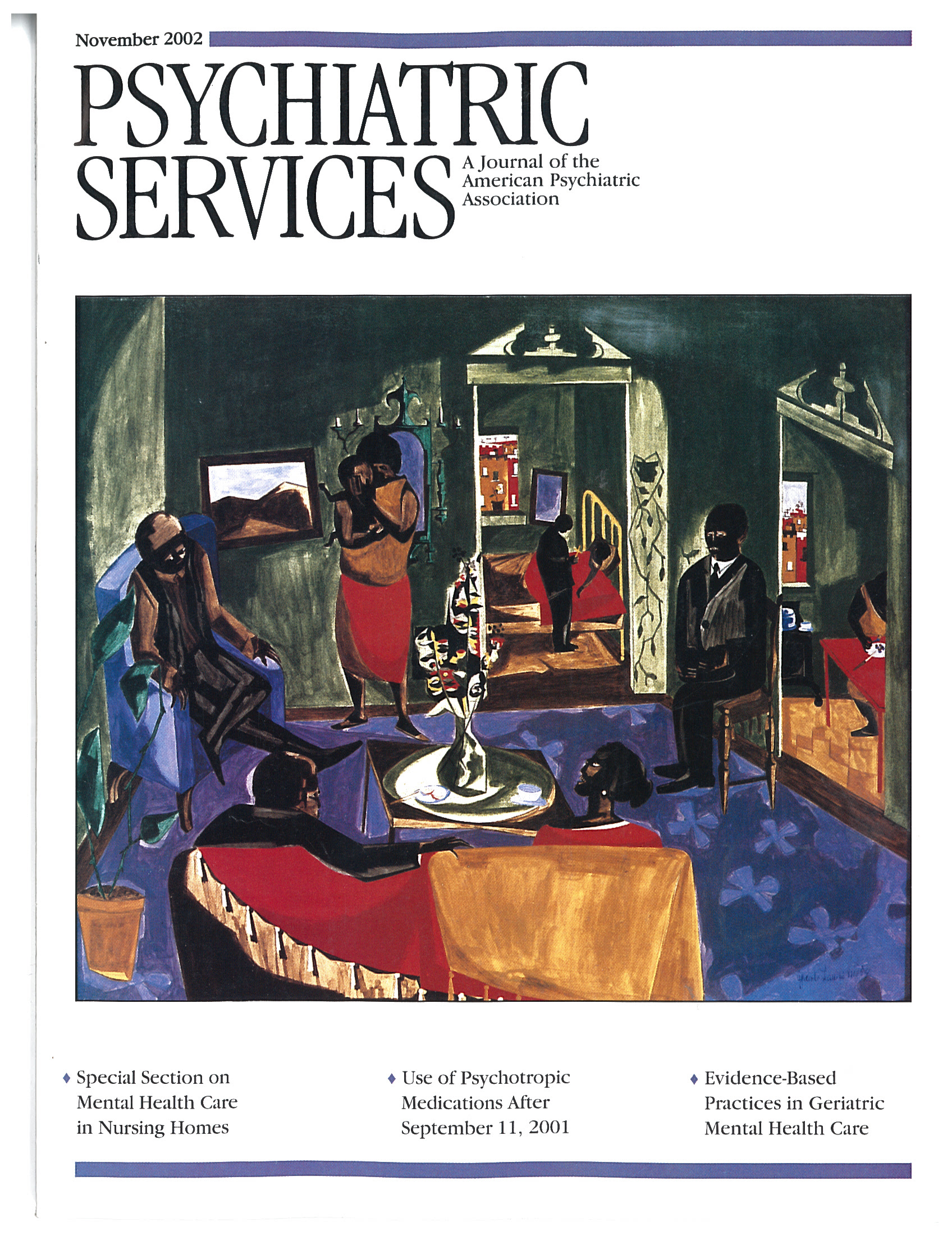This book's stated objective is to provide a complete resource for maintaining a healthy family for parents who have a severe mood disorder. It succeeds, in no uncertain terms.
According to the U.S. Surgeon General's report on mental health, almost 25 percent of women and 15 percent of men in the United States have severe mood disorders. Obviously, there is a great need for a survival manual for such people when they are parents, and that is just what this book is. It is among the first of its kind.
In writing Parenting Well When You're Depressed, the authors worked closely with depressed parents from all walks of life and with their family members, community service providers, rehabilitation clubhouse staff and members, mental health and child welfare agency administrators, and policy makers. Thus they gathered many different perspectives from a variety of stakeholders. They also included various cultural and ethnic groups. I recommend that all health care and mental health care professionals as well as others involved in mental health services be aware of this book and recommend it to all of their depressed clients who are parents.
Parents who are coping with depression will find the book very helpful. Although it is not a text that professionals would need to read in detail, I do feel that they should have it in their office, know what is in it, and be able to pull it off the shelf and show it to clients with depression who are parents.
I am impressed with how comprehensive Parenting Well When You're Depressed is. The book deals with every imaginable area—managing moods; balancing parenting, work, and recreation; managing finances; communicating with children about depression; advocating and negotiating the legal system; and even coping when children are living with others. The authors do not shy away from complexities.
I particularly like the strengths perspective presented in the book. For example, the authors' emphasis on positive ways of dealing with parenting even when children are placed outside of the home is moving. They point out that parents can still do positive things for their children and for themselves under such circumstances, and they make it clear that being able to do so is a strength. Throughout the book, careful attention is paid to the needs of both parents and children.
Our culture tends to swing from one extreme to another in its view of mental illness. For example, for decades parents were wrongly blamed for causing mental illnesses. Today, mental illness is largely medicalized. The authors of Parenting Well When You're Depressed take the sensible position: "Researchers are finding that the environment in which children grow up may be just as important as genetics in determining how they function as adults and whether they develop problems."
A chapter entitled "Advocating for Yourself and Your Children" is particularly important. The legal system is complex and sometimes harmful, so it is important for parents to know as much as they can and to have specific questions they can ask an attorney to determine whether he or she will be effective in the mental illness area. "The legal system often sets parents against each other," the authors note, and they offer good suggestions for minimizing the potential destructiveness of this situation.
The book includes good material on making backup plans for when things go bad and for all kinds of emergencies. Here again, the authors emphasize that asking for help is not a sign of weakness but rather a strength. They normalize negative emotions such as anger, fear, and depression and suggest ways of handling them to minimize destructiveness toward themselves and their children.
A marvelous feature of the book is that every chapter includes a workbook component. This feature helps parents list problem areas, ways of handling them, alternative ways of operating, what helps, what hurts, whom to call for help, savings plans, a "safe-at-home" plan, visiting plans—you name it.No matter what the parents' educational level, cultural background, or level of sophistication Parenting Well When You're Depressed will be a very helpful book.

